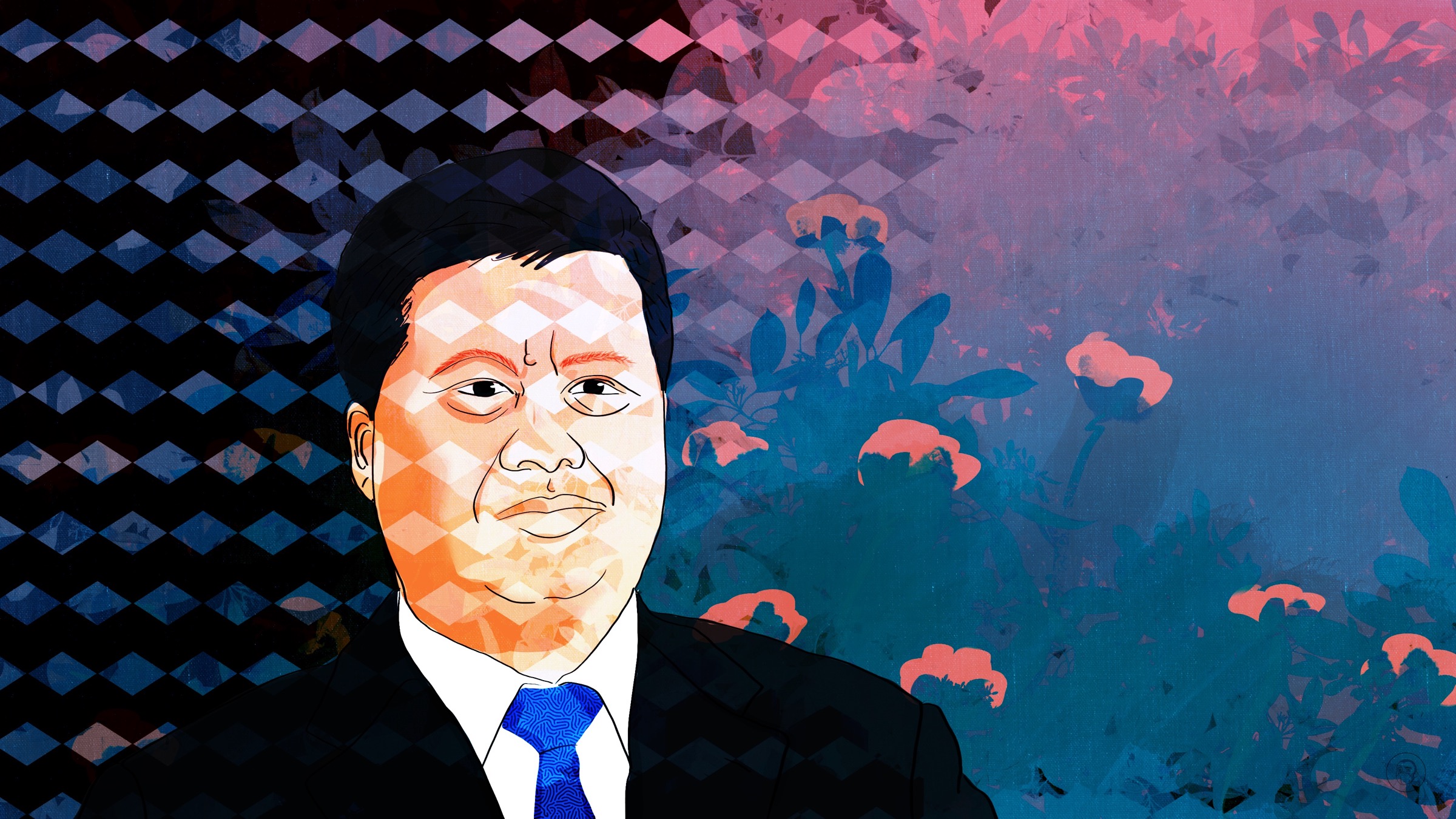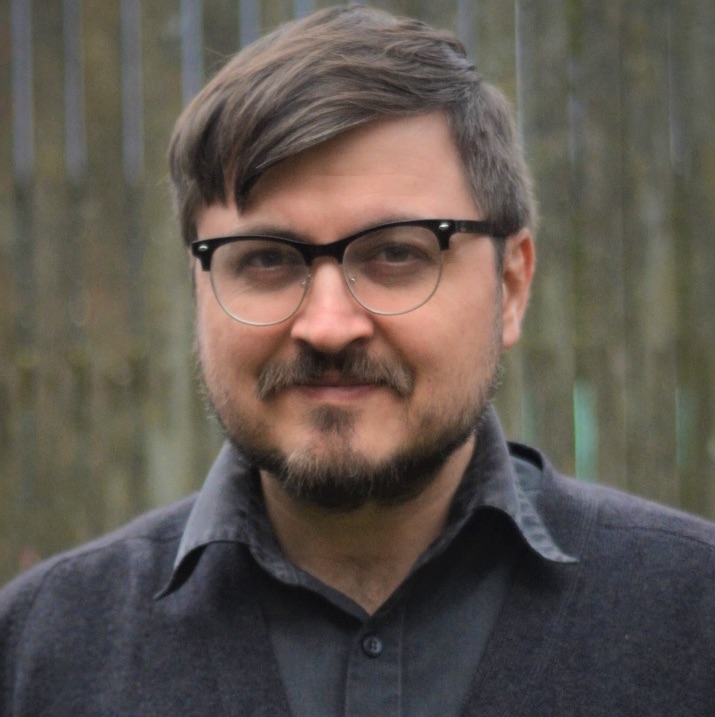In Xinjiang, a new normal under a new chief — and also more of the same
Ma Xingrui, the new party secretary of Xinjiang, is tasked with repairing the damage left by his predecessor, Chen Quanguo, who initiated the largest internment of a religious minority since World War II. But he will also need to execute Beijing’s new policy of thwarting what it calls the “two plots.”

Sometime in early January 2022, residents of Xinjiang began to notice something different at local Sinopec gas stations. For the first time in nearly half a decade, car passengers were allowed to enter the controlled environment of the gas station property. No longer did they have to get out and stand on the sidewalk behind coils of razor wire and metal barricades. They could stay in the car. As one resident put it, this shift in policy seemed to be “really warm-hearted” since it was so cold outside during the Xinjiang winter.
Ever since the People’s War on Terror began in May 2014, gas has been a controlled substance for everyone, regardless of ethnicity. Purchases had to be legally approved, and during home inspections in 2014, the parents of some of my interviewees in Ürümchi were detained because they had an unregistered natural gas tank in their kitchen that they used for cooking. By July 1, 2016, as the mass internment process began, gas stations began requiring drivers to scan their IDs and faces in order to purchase gas.
Now, while that aspect of the system appears to still be in place, unregistered passengers are once again allowed into gas stations. This policy shift appears to be part of what the new party secretary of the region, Mǎ Xìngruì 马兴瑞, refers to as the “standardization of counter-terrorism.”
In one of his first speeches as party secretary, Ma emphasized that under his leadership, Xinjiang’s counter-terrorism and ethnic stability issues would be “normalized” (常态化 chángtài huà) according to the rule of law. In the short speech, he mentioned the “rule of law” (法治化 fǎzhì huà) more than 20 times.
Ma, a technocrat with a doctorate from the elite Harbin Institute of Technology, drew on his experience in the information technology and defense sector to rise through the Party ranks and become the governor of Guangdong province, one of the most prosperous and influential regions in the country. Now he brings this technical expertise and political experience to a region with a great deal of investment in surveillance and policing.
In his first days, Ma has also emphasized a renewal of economic development as a springboard for the overland route of the Belt and Road Initiative. Leading Xinjiang entrepreneurs, who met Ma during his first 30 days in Xinjiang, talked about how artificial intelligence and bioscience development will figure in Xinjiang’s future. The digital economy industry, which was at the center of Ma’s work in Guangdong, is also at the center of the security industry which now pervades so much of Xinjiang.
~
The arrival of Ma and the departure of Chén Quánguó 陈全国, the party secretary at the center of the mass internment system, appears to be right on schedule. Chen’s five-year term from 2016 to 2021 was up, and it was time for new leadership. But it also appears as though Ma has been tasked with repairing the moral and economic damage that the largest internment of a religious minority since World War II has brought to China’s reputation. As the mass surveillance and coercive labor systems have been brought to light, some Chinese tech firms have redirected their expansion strategies, and many global garment brands have relocated their supply chains away from Xinjiang, a region that produces more than 80 percent of China’s cotton. Shifting Chen and other key leaders associated with the camps out of the limelight may be part of a strategy to mitigate further costs and bring back business.
Make no mistake, according to available evidence and state documents, hundreds of thousands of Uyghurs accused of “terrorism and extremism activities” or crimes under China’s extremely broad 2016 counter-terrorism law are still missing. And it does not appear as though they will be released from the prisons, detention centers, and securitized factories where they are currently held. As Zhào Kèzhì 赵克志, the minister of the Ministry of Public Security (a position akin to the U.S. attorney general and perhaps director of the FBI), put it in a 2021 tour of Xinjiang, the system as it had been implemented over the previous five years should continue as before.
Over and over again, Zhao, who also directs the Counter-Terrorism Leading Group, reaffirmed how important the Xinjiang counter-terrorism strategy was to Xí Jìnpíng 习近平, citing a speech Xi gave to the Third Central Xinjiang Work Symposium in 2020 as a key for understanding current central government objectives in Xinjiang.
In his updating of the spirit of Xi’s argument in 2021, Zhao says:
We must have a clear understanding of the risks and challenges faced in the current fight against terrorism and (ethnic) stability maintenance, strengthen our sense of urgency, strengthen our bottom-line thinking, strengthen our belief in victory, overcome our numbness, slackness, and ill-fated-ness, insisting that we must strike whenever “terror” is exposed, and always maintain a crackdown. The high-pressure situation must remain unshakable, efforts must be made to resolve deep-seated contradictions, and efforts must be made to achieve fundamental changes that are more conducive to long-term stability. It is necessary to insist on continually moving the threshold forward, improving the long-term mechanism, carrying out in-depth (religious) “de-extremification” work by vigorously strengthen the cleaning and rectification of violent terrorist audio and video, doing a solid job in the prevention of violence and terrorist risks, and resolutely stop the threat of violence and terrorism in its infancy and before it occurs.
During his tour, Zhao observed how the police and reinforcements would respond in less than a minute to a terrorism alarm. He reaffirmed that the grid-style checkpoints and preventative policing tactics of targeting suspicious people before they could carry out a crime should not only continue but be “comprehensively strengthened.”
In what is perhaps the closest a Party official has come to an admission of the deep systemic abuses that have occurred since the People’s War on Terror began, he also said that when it comes to prison management, officers should “adhere to strict, standardized, impartial and civilized law enforcement, ensuring the safety and stability of public security prisons.”
However, in his March 2021 speech, Zhao was also one of the first state leaders to articulate the emergence of a new central focus of Xinjiang policy: “Resolutely thwarting attempts to ‘control China with Xinjiang’ and ‘contain China with terror.’” Over the last year, these two new “plots” have emerged as central issues throughout Xinjiang state discourse.
One of Zhao’s deputies, Jiǎng Lìyùn 蒋力蕴 — who is one of the leading counter-terrorism officers in the country — said in July 2021 that the first of these plots, “controlling China with Xinjiang,” is centered around European and American double standards when it comes to their role in the global war on terror. By labeling the reeducation system in Xinjiang genocidal and relocating their supply chains, and yet not attending to the millions of Muslim families that have been destroyed by American and European military actions, he suggested that Western countries are hypocritically attempting to “control China with Xinjiang.” If Chinese authorities were to give into this plot and reverse course in Xinjiang, Jiang appears to contend, they would invite the rise of the second plot, which is allowing Muslims in China to control China through Islamic terrorism. The correct response, he contends in a repetition of Zhao’s March speech, is to “resolutely thwart these plots.”
In 2021, genocide denial became a central element of Xinjiang policy, while at the same time a panel of leading experts on international law in the United Kingdom determined that based on available evidence, the mass internment system in Xinjiang constitutes both crimes against humanity and genocide according to legal standards. In reaching this conclusion, these European jurists examined classified speeches by central Party leaders, such as Xi Jinping, thousands of researcher reports, expert witness statements (including my own), and dozens of oral and written witness statements of former detainees and low-level camp workers.
In early 2022, as the new Xinjiang party secretary sets out to quietly rectify some of the most onerous aspects of Xinjiang counter-terrorism, loosening controls over who can visit gas stations and managing prisons in more standardized ways, back in Beijing, Zhào Kèzhì 赵克志, the leading law enforcement officer in the country, again repeated his speech from the year before. Not only were Xinjiang authorities to continue to implement the preventative policing system as before, Secretary Ma’s regional administration is tasked with thwarting the new plot of “controlling China with Xinjiang” while still preventing Muslims from “controlling China with terrorism.” It’ll be difficult for Ma to begin a process of reconciliation and repair that addresses the harms done to Muslims in Xinjiang if his own hands are tied.






